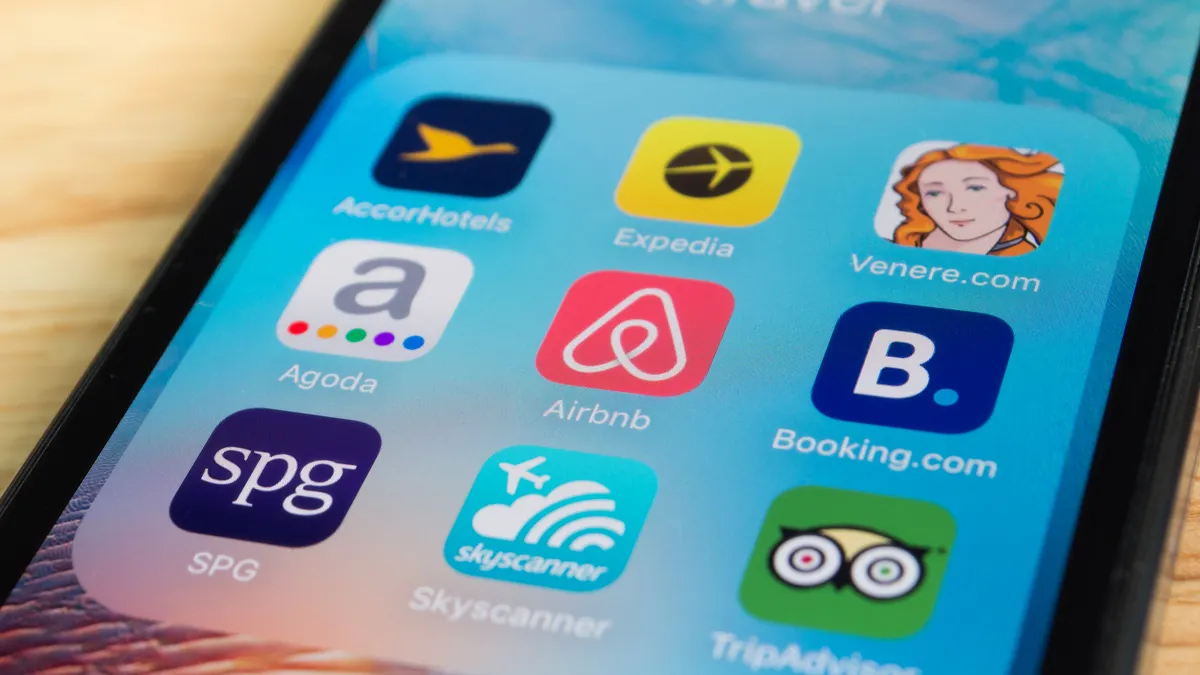Dive Brief:
- Expedia is exploring how AI applications can improve the search experience for customers, executives said on a Q1 2025 earnings call last week.
- The travel booking app is working with other companies to connect with customers who start outside of its ecosystem, according to CEO Ariane Gorin. Last week, it launched Trip Matching, a partnership with Instagram that lets users build and book itineraries from within the social media platform.
- The advent of AI is changing how people browse and shop on a level not matched since the advent of mobile devices, according to Gorin. “AI is changing everything, and we see it as an accelerator across our business,” she said during the call.
Dive Insight:
Though Expedia is putting an emphasis on third-party partnerships, it isn't ignoring its AI-driven experiences.
Expedia introduced conversational trip planning with OpenAI in 2023, and it is a launch partner with Microsoft’s Copilot Actions AI assistant, according to Gorin. As of April, Copilot can book tickets on users’ behalf at sites including Expedia and Vrbo, the company’s rental listing marketplace.
“We're partnering with AI search companies to ensure our brands show up well across customer queries and building new experiences to connect with travelers outside our ecosystem,” Gorin said.
Social media is also very important for Expedia, according to Gorin. People naturally gravitate to social platforms to get travel inspiration, and Trip Matching aims to smooth out the experience by creating an itinerary, offering recommendations and booking for customers all on Instagram.
On Expedia’s platform, Gorin sees opportunity in creating two flows for AI journey as well as the ability to switch seamlessly between those. Customers may want to follow a less obtrusive AI-powered flow, such as reading review summaries, but later choose to interact directly with a chatbot, such as Expedia’s Romie, and should be able to make that switch at any point in their journey.
The number of room nights booked grew 6% year over year in the first quarter of 2025, according to a company earnings release. Revenue was up 3% year over year to $3 billion. However, the company’s net loss widened 49% year over year to $200 million. Executives attributed the mediocre performance to lower travel demand.













